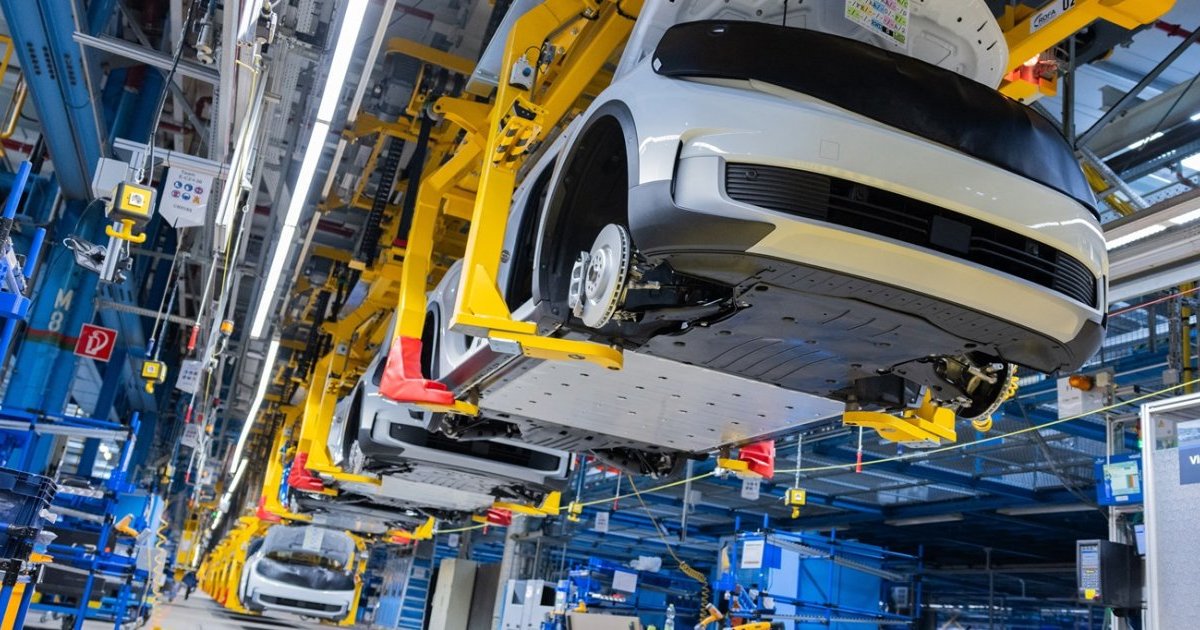Generative AI and the Future of Work: A Critical Overview
Generative artificial intelligence (GenAI) has rapidly integrated into daily life over the past three years, significantly impacting the job market. According to the International Labour Organization, around 600 million jobs globally face disruption due to GenAI. In Latin America alone, 26-38% of jobs could be affected, particularly in sectors like administration, software, and finance.
Emerging technologies, specifically agentic AI systems—autonomous and independent decision-makers—further complicate this landscape. While these systems offer the potential for greater efficiency, they are still influenced by their programming, leading to risks of errors and biases. Current studies show AI’s limitations, highlighting inefficiencies in autonomous operations.
Industries worldwide are adapting AI-driven robotics to optimize production and logistics. Despite benefiting from automation, recent layoffs at companies like Salesforce and UPS illustrate the workforce challenges posed by AI. Collaboration among governments, unions, and institutions is vital to navigate these changes and address the risks and realities of AI’s influence on employment.
